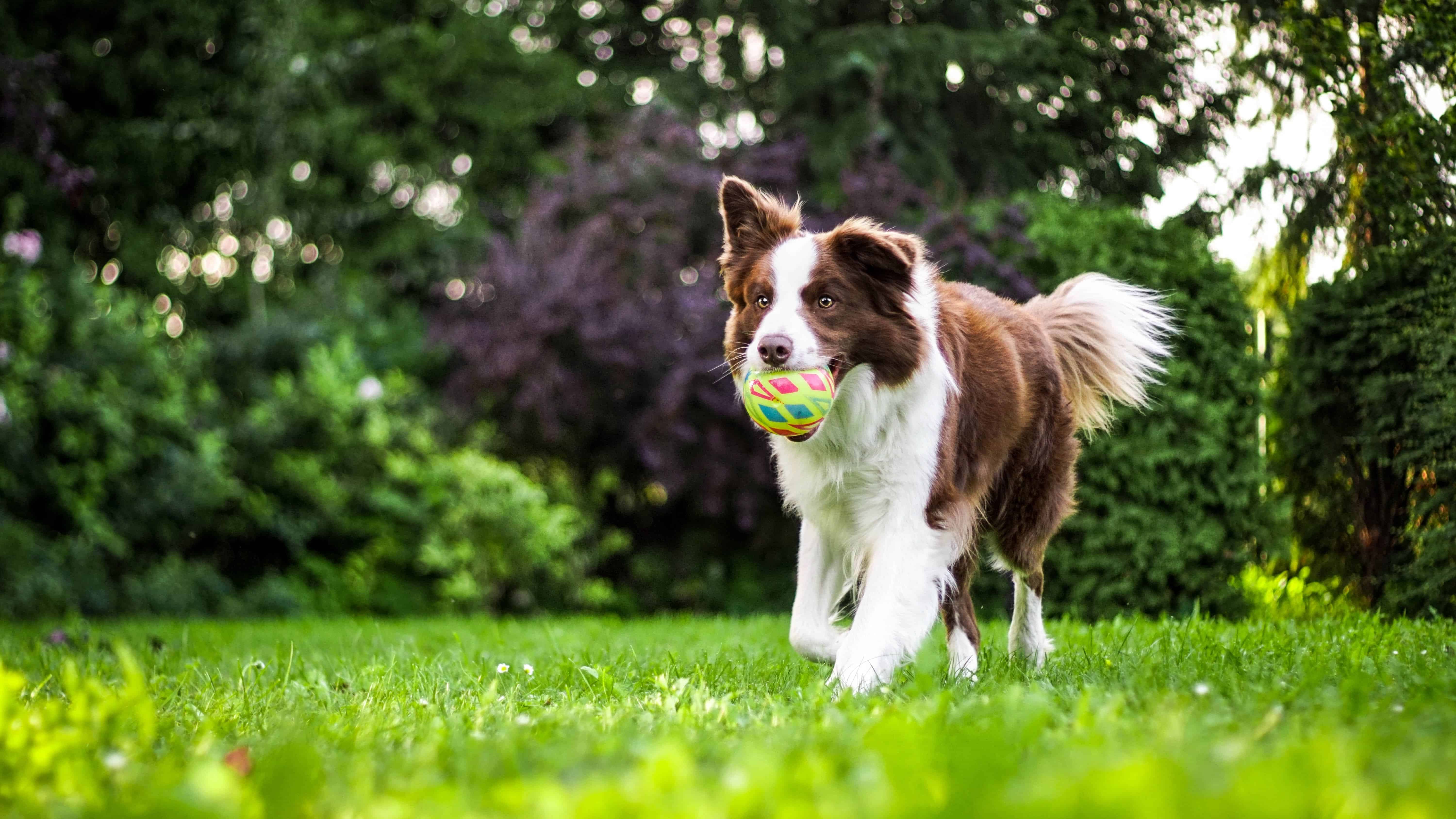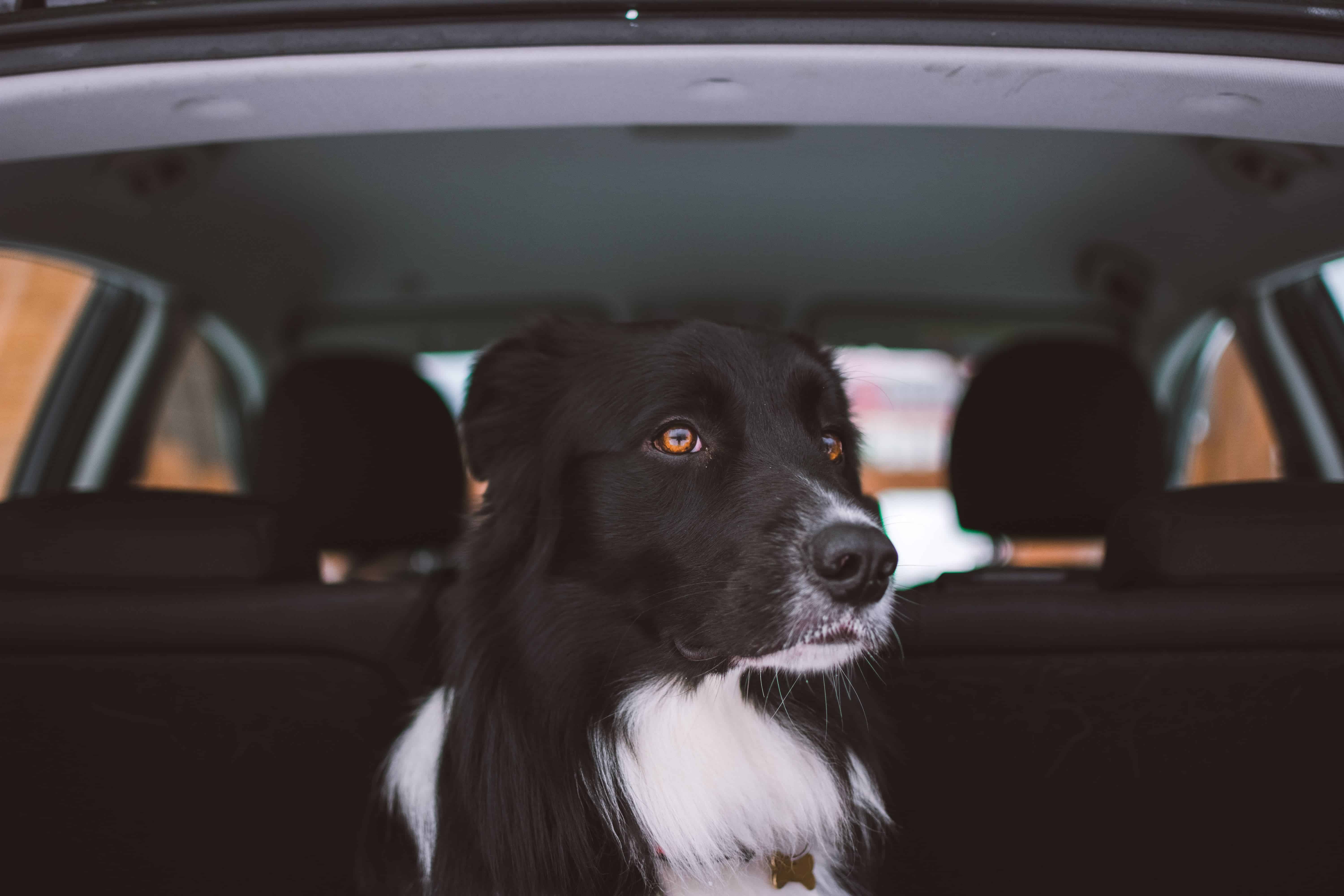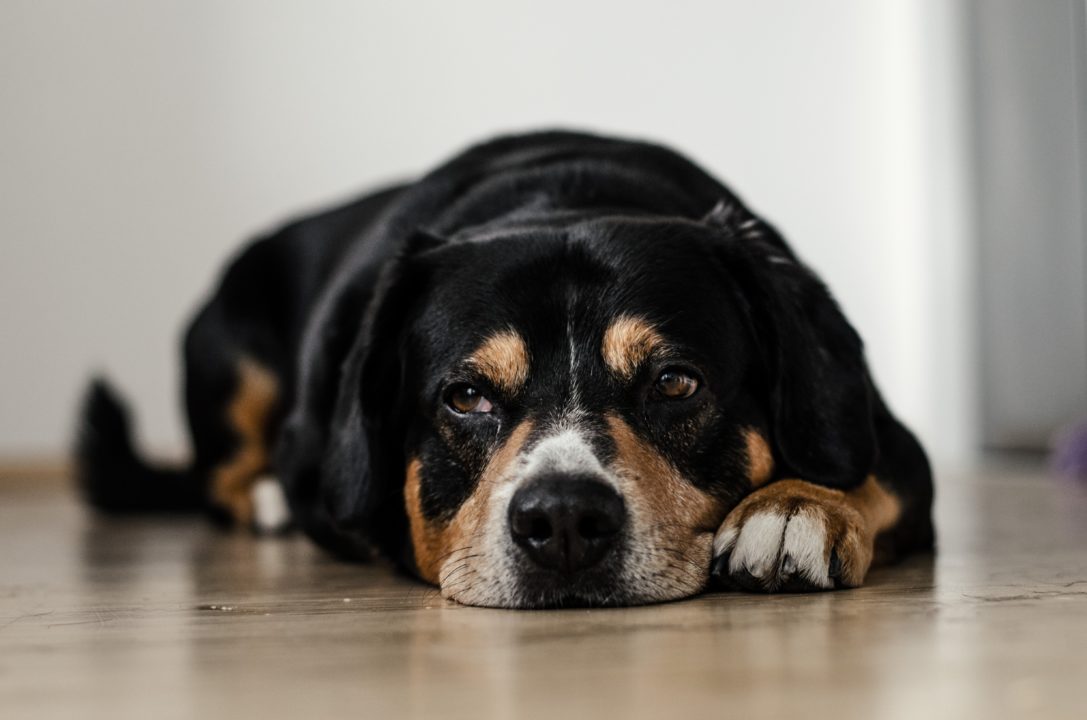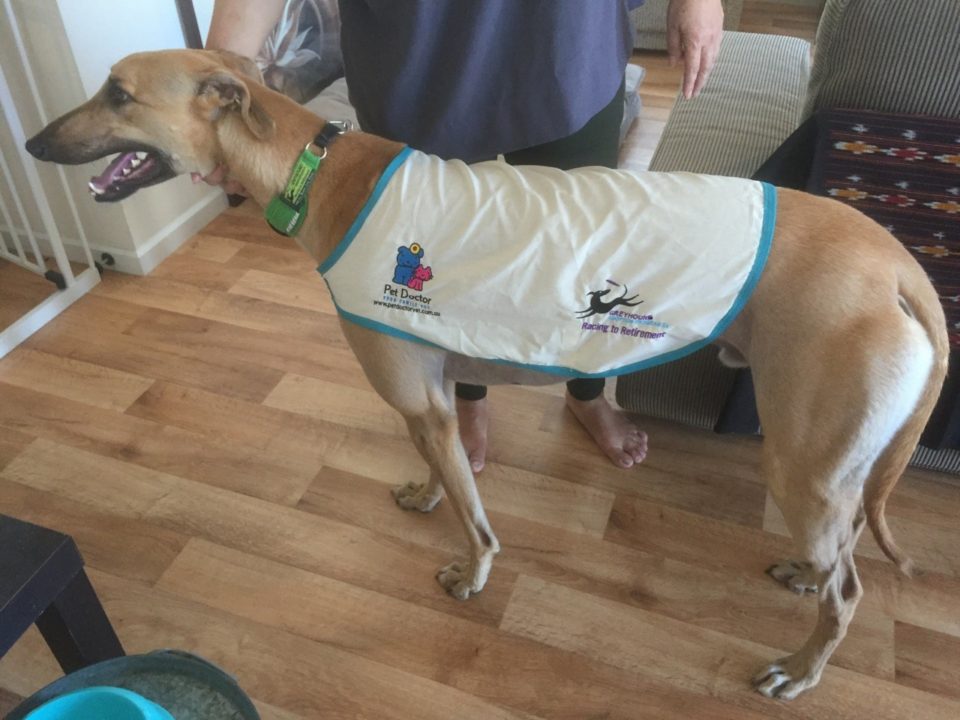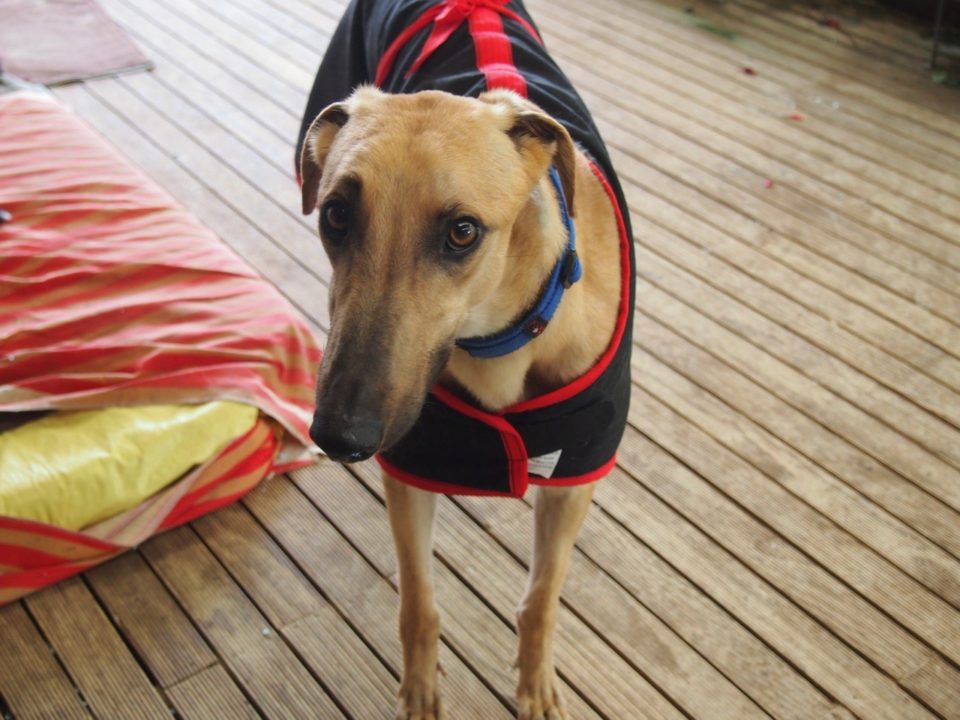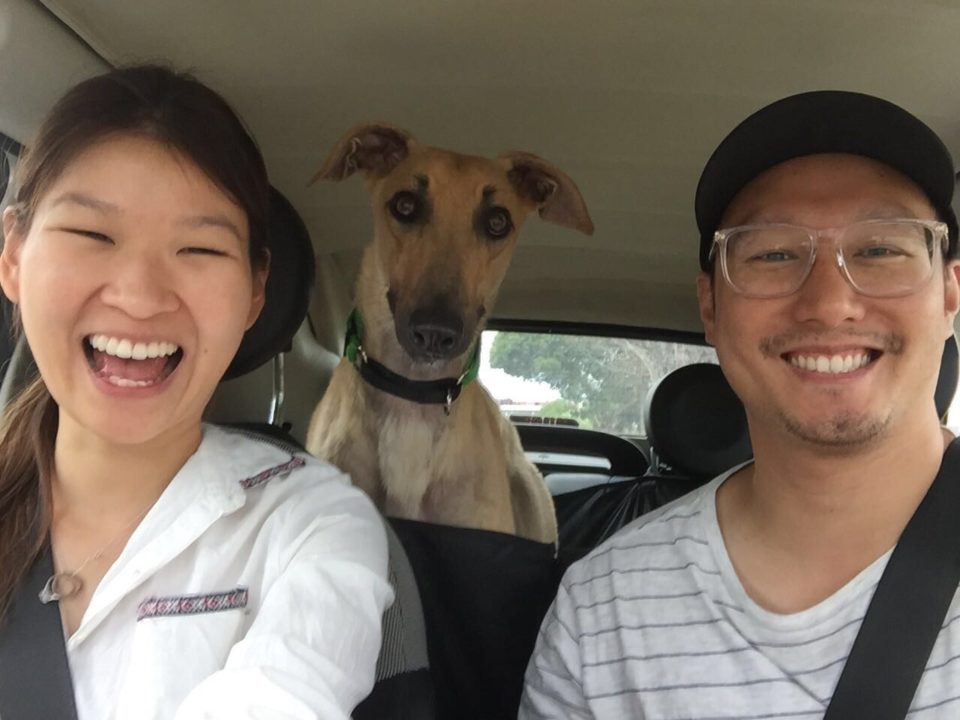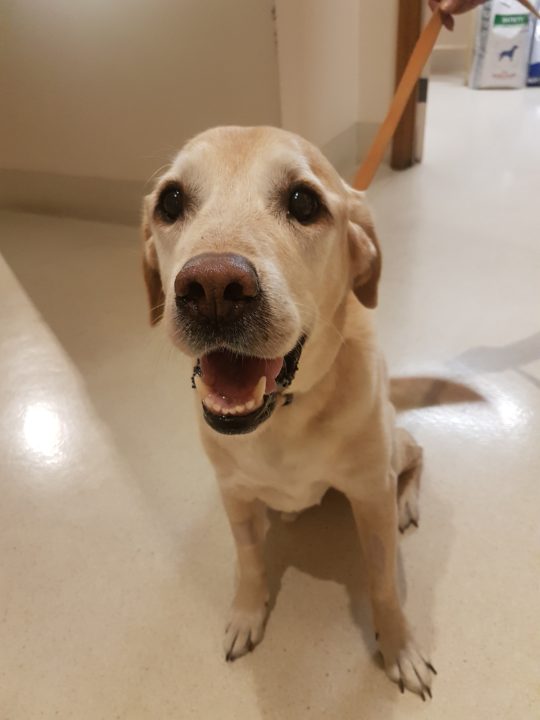During the late Spring/early Summer season grass seeds are rampantly on the loose. They can cause extensive and very frustrating problems to you and your pooch. Grass seeds can lodge themselves into your dog’s paws, ears, eyes, genital areas and noses causing major discomfort and inflammation and the longer they’re left untreated the worse they can get!
Due to the sharp tips of grass seeds, they can easily penetrate into your pet’s bodies very quickly. This means the grass seeds are near impossible to fall out or remove themselves once they have become stuck. In fact, they continue to burrow making what we call “sinus tracks” which form surrounding abscesses. These infections through the body can cause pain, swelling and usually lead to your pet requiring exploratory surgery in attempt to find and remove the seed!
- Paws/Feet/Toes: swelling on the foot, often with a ‘weeping’ hole, excessive licking or chewing, pet being severely irritated by this area.
- Ears: shaking head or scratching ear, painful to touch ear, yelping, usually an acute onset.
- Eyes: squinting or rubbing eye, swollen eye with or without discharge, sometimes the eye will stay closed to maintain some form of comfort.
Grass seeds can usually be easily removed depending on their location and how deep they’ve penetrated the skin. Many dogs however, will require sedation or a general anaesthetic to allow exploration of the seed, especially if the area is painful. If the grass seed is left for a long period of time it can cause greater complications, such as travelling up your dog’s leg between tendons and ligaments, even up to the shoulder or the groin!
The most critical thing to do is get your pet to the Vet ASAP!!!
How to prevent grass seeds from harming your pets:
• Keep your grass and weeds under control at home with regular maintenance
• Avoid long grass when on walks
• Keep long haired/fluffy dogs groomed, especially around their feet and ears.
• Inspect your dog all over after each walk, making sure you check in between and under all toes and underneath the ears
A clean pet is a happy and healthy pet! If you suspect however that your dog has been a victim of a grass seed, please don’t hesitate to contact us for a check up and further help!

